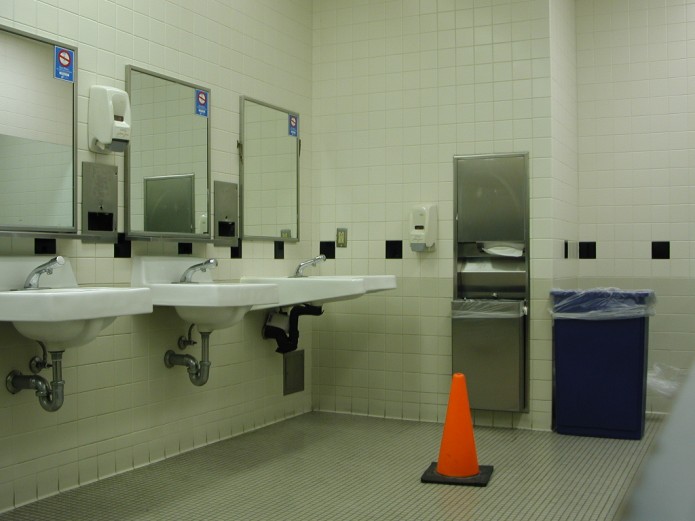You might assume that a hospital is a safe place. After all, we go to hospital when we are sick and need urgent medical care. Unfortunately, a lot of hospitals are actually dangerous places to go and many people end up worse off than before they went in. For example, it is not unheard of to go into hospital for a routine operation and end up contracting a lethal bacterial infection whilst you are recovering from your surgical procedure, often as a result of poor hygiene. This is why hygiene is so important in a hospital—poor hygiene can quite literally be a killer!
1. Spread of Disease
The most obvious reason why poor hygiene is so dangerous in a hospital environment is that it can cause the spread of disease. People in hospitals are generally sick. Their immune systems may also be compromised and any exposure to bacterial and viral infections can make them sicker. Regular cleaning and hand washing regimes won’t prevent the spread of disease completely, but it will make a huge difference.
2. Post Operative Infections
Serious infections such as MRSA can be lethal under any circumstances, but when they attack a seriously ill person who is recovering from a major operation, the end result is often fatal. The person already has enough on their plate without having to fight a dangerous infection that is resistant to all types of antibiotics. Good hygiene practice has been proven to play an important role in these kinds of scenarios.
3. Ward Closures
Outbreaks of viral infections as a result of poor hygiene are often responsible for closing down entire wards as the hospital tries to control the spread of the illness. With fewer beds on offer, sick people may be turned away from their nearest hospital and end up being ferried to a hospital many miles away, and if that person is seriously ill, the extra transit time could spell the death of them.
4. Staff Shortages
Bed shortages are a big enough problem, but if there are a lot of people struck down with something as rampant as Novo virus it won’t only be the patients who are affected. Nursing staff are just as vulnerable to nasty bugs. Unfortunately, if there is a large number of staff off sick, nursing care will suffer and more patients will die as a result.
5. Financial Implications
Poor hygiene will lead to outbreaks of disease and an increased number of people who need to be kept in isolation units. Also, if members of staff are off sick, agency staff will be called in to cover their shifts. Each scenario will cost the hospital Trust money, which in these straitened times is no laughing matter.
Hygiene and Infection Control
The best way to prevent all of the above problems is to implement a thorough program of hospital hygiene and infection control measures. Surfaces need to be deep cleaned regularly to prevent a build up of dust and dirt, thus cutting down the incidence of cross-infection; Proclad panels can be an enormous help in this regard. Effective hand washing should also be encouraged for both staff and visitors.


